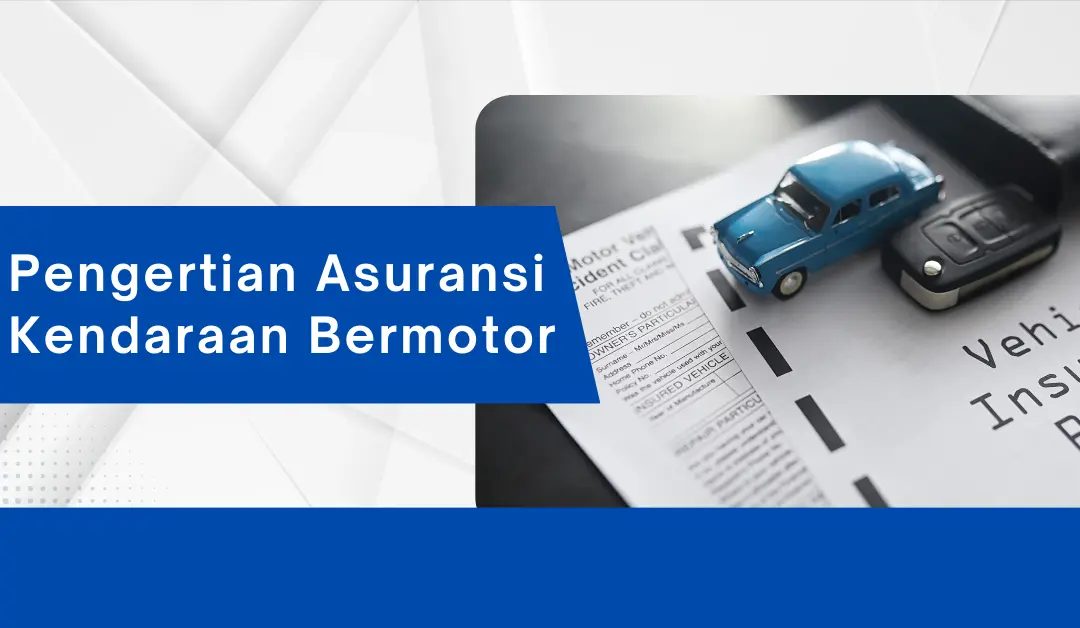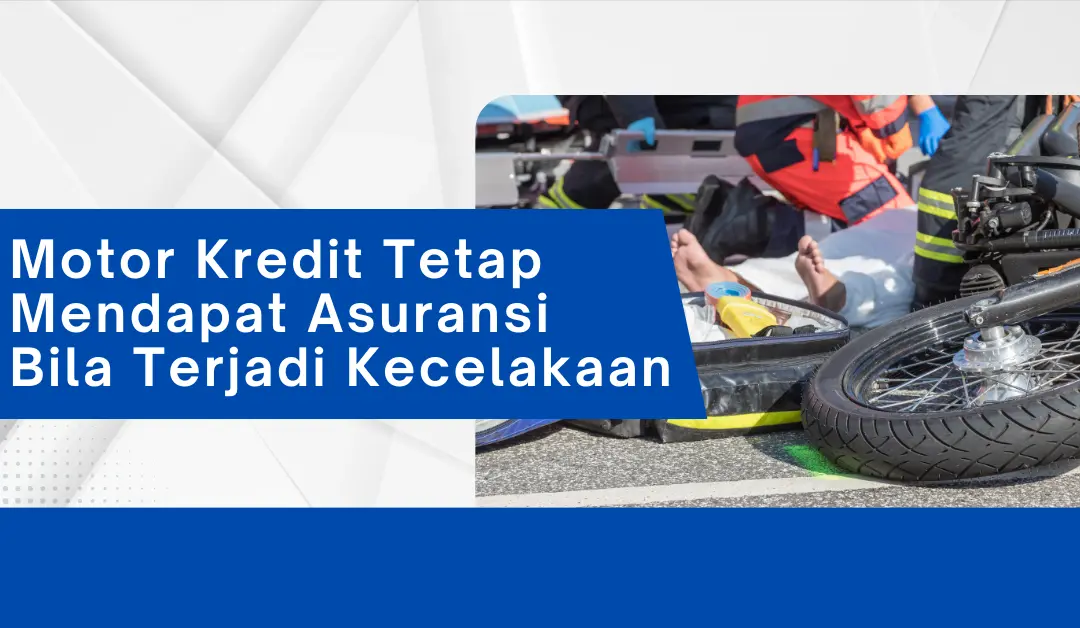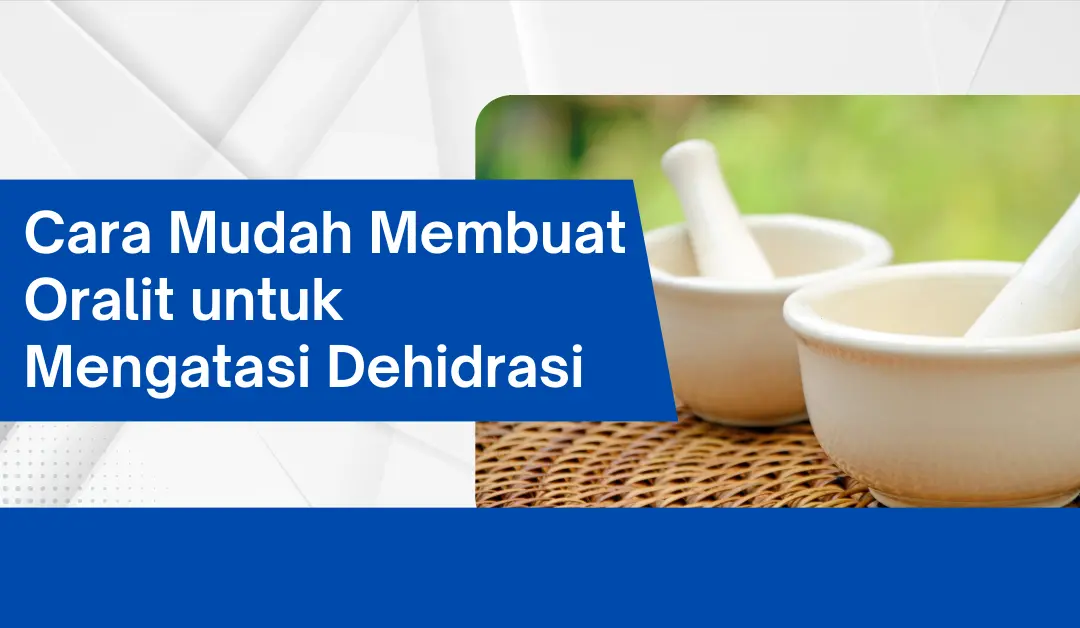In Indonesia now the number of motor vehicles is increasing. This is also realized by insurance companies to issue motor vehicle insurance products for the people of Indonesia. Before you choose a good insurance company for motorized vehicles, it is better to know in advance the understanding of motor vehicle insurance and the type of loss that is borne by the insurance company.
Motor Vehicle Insurance
The definition of motor vehicle insurance is coverage of loss or damage to motorized vehicles. In principle, the guarantee is against the damage to the motorized vehicle itself and legal responsibility to the other parties who were harmed when using the vehicle.
Motorized vehicles according to the Act No. Road Transport Traffic 14/192, article 1 paragraph 7 is a vehicle that is driven by technical equipment located on that vehicle. The recording of motor vehicle insurance policies used in Indonesia is a standard guarantee provision prepared by the Indonesian Insurance Board and used by all insurance companies operating in Indonesia.
Motorized vehicles were made and marketed around the 1880s. However, insurance is not needed at that time because the character of the vehicle at that time has not increased as it is now. However, it was also noted that insurance transactions were made in this period with minimal transactions.
Notes on the development of insurance in the United Kingdom can be used as a pioneer of further developments. In 1930, the British Empire passed a law called the Road Traffic Act which required drivers of vehicles to pay compensation to other parties who were harmed.
Since then, insurance has become the most efficient choice to overcome potential risks that might occur. In the revised Road Traffic Act, liability insurance is a must-have condition to be able to drive on the plain of England.
In Indonesia, the applicable Traffic Law also stipulates that each driver must be responsible for the loss of another innocent party. Ironically, the general public who buys insurance does not aim to protect against the demands of the other parties, but rather prioritize the need to maintain the vehicle to remain smooth. This condition occurs because the parties who have experienced disaster are not so concerned about the demands for the loss they have suffered.
In general, Indonesian people see the loss experienced as a disaster, both for small losses and fatal losses such as death.
basic insurance of motor vehicle insurance guaranteed by insurance companies
The basic insurance conditions that can be guaranteed by an insurance company consist of:
1. Vehicle damage
2. Liability, which consists of:
a. Legal responsibility of third parties
b. Legal responsibility of passengers
The insurance provided by the insurance company for motor vehicle insurance can be divided into 2, namely:
1. Combined or Comprehensive
This coverage is called All risk, although the designation is not entirely true, because there are also excluded risk risks. Called Comprehensive or combined because this type is offered with guaranteed liability against other parties or third parties.
Losses or damage that can be replaced by insurance start from losses due to scratches, dents, loss of vehicle parts to total losses. Each claim will be subject to its own risk fee which is the cost that must be incurred by the policy holder each time at the time of submitting the claim.
2. TLO or Total Loss Only
This guarantee with coverage still uses risk provisions such as comprehensive coverage, but losses that can be replaced in the event of a total loss amounting to exceed 75% of the market price of the vehicle.
Because new replacements can be obtained after major damage or loss, of course this type of coverage is cheaper than comprehensive type. Usually, the premium amount reaches 50% even lower than the comprehensive type premium.
The type of cause of damage to the vehicle that the insurance guarantees
For motor vehicle insurance, there are provisions regarding the risks guaranteed for vehicles that are the object of coverage. The details of the guaranteed risks are as follows:
1. Vehicle loss / damage caused by:
Collision, collision, upside down, slipping from the road
Other people's evil deeds
Theft of vehicles or equipment
Loss due to fire
Perit strike
Damage during transportation
2. Third party legal responsibility
Risk of damage to vehicles that are not guaranteed insurance
In addition to guaranteed risks as described above, there are also exceptions or risks that are not guaranteed, namely:
Lost profit / wages / reduced other financial value
Theft of non-standard equipment
Damage or loss due to embezzlement
Losses due to bad deeds of husband / wife, family of the insured, orders of the insured, or people working for the insured
Pull or push other vehicles, for speed races
Learn to drive, pull the trailer
Overload
Run in a damaged state
Driving by someone who does not have a SIM
Enter / pass a closed or forbidden road
For goods transported
Nuclear radiation, active radio pollution, atomic nucleus reactions
War, raid, enemy foreign action, civil war, rebellion, civil / military upheaval, chaos, terrorism, use of violence, revolution, takeover of power
Strike riots or disruption of public order
Wear and tear
Property that is loaded or unloaded
Earthquakes, volcanic eruptions, hurricanes, storms, floods, puddles or other geology or meteorology
Each policy holder can apply for an extension of the insurance to the insured vehicle. Expansion of this guarantee varies for each insurance company. To get the expansion of the guaranteed coverage, the insured must pay an additional premium of the specified rate. The expansion of guarantees commonly found are:
1. Medical expense, which is a medical fee for drivers and passengers in a certain amount.
2. Personal Accident
3. Expansion of riot guarantees, terrorism, sabotage
4. Expansion of flood guarantees
In motor vehicle insurance, premiums must be paid in full in 14 days from the issuance of the policy. If not, then the validity of the coverage is postponed by the insurer without prior notice and if there is a loss of the motorized vehicle insured, the insured cannot file a claim and obtain compensation.
The delay will expire 24 hours after the premium is received by the insurer. If up to 90 calendar days from the issuance of the premium policy is also not paid by the insured, the policy will be canceled automatically.
In the case of claim claims, the insured must notify in writing or verbally followed by a written report if there is a loss to the insured motor vehicle no later than 3 days after the incident.



















